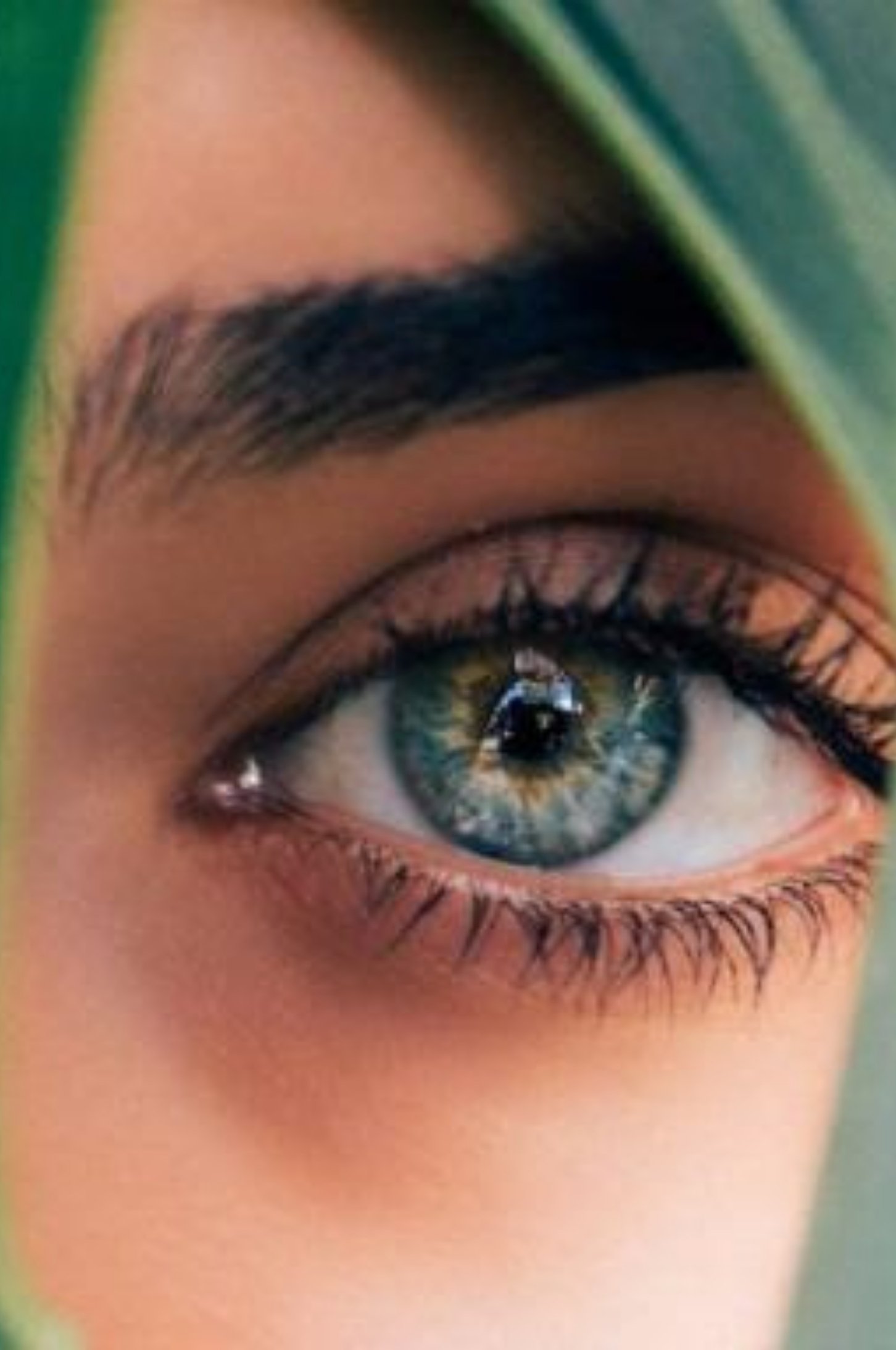Access to full article in Forbes
Today, many luxury brands are beginning to make CSR and sustainability a core strategic concern. Some might say that these brands are simply using the concept of sustainability as a marketing tool to improve their image and credentials in order to be more aligned with Millennials’ and Generation Z’s values and ethics. Others will argue that this is a genuine attempt by them to step up and adapt their policies to become part of the solution rather than the problem.
So, are the luxury and sustainability sectors mutually exclusive, or are they converging to create a new sphere of influence? Luxury and sustainable development may initially appear incompatible, even paradoxical, but there are several reasons why this perception can be wrong.
Transmission
First, it could be argued that in fact the heart of luxury’s mission lies in sustainability itself because it aims to produce goods intended to be preserved, looked after, and passed on to future generations. Transmission is key. True luxury is designed to last, as demonstrated by one luxury watchmaker’s motto: “You never actually own a Patek Philippe. You merely look after it for the next generation.” Moreover, the increasing popularity of the second-hand, or ‘pre-loved’ market means that luxury products can be resold and given a new lease of life.
Craftsmanship
Second, tradition plays a crucial role in luxury goods. Handcrafted production based on local know-how and specialised manufacturing techniques lies at the very core of this industry. Unlike other sectors, the luxury goods industry is committed to developing local expertise to preserve its uniqueness. It also has the necessary means to uphold its traditional production methods rather than seeking low-cost solutions elsewhere. Know-how and craftsmanship are passed down from generation to generation of master craftsmen/women and artisans and form the beating heart of the intangible heritage inherent in a regions’ culture. In-house apprentices are the embodiment of this heritage, as evidenced in luxury brands such as Chanel, Hermès, and Dior, which are, by tradition, always striving for excellence.
Innovation
Finally, luxury has always sought to be ahead of current trends, to innovate and influence consumer behaviour and societal trends, particularly when it comes to fashion. This requires constant innovation. Since sustainable development has become a strategic priority for the luxury industry, luxury houses are investing massively in the development of alternative, eco-responsible materials, including thanks to new technologies such as AI.
In a quest to become more sustainable, many luxury leather brands are starting to offer vegan leather options, and some jewellers are creating semi-precious stones from waste materials. For instance, Gucci ‘s collections feature vegan leather made from cactus, thanks to a collaboration with a Mexican start-up, and recently, Hermès began producing handbags using mushroom fibres. The jewel company Boucheron now uses a new obsidian-like material made from incinerated and treated industrial waste.
So it would seem that it is indeed true that at least parts of the luxury sector are playing an important role in setting new eco-responsible trends, reshaping its image, and demonstrating more respect for humankind, the animal kingdom and the planet.
In many ways, historically, the luxury sector has always been anchored in sustainability, although for a while, it diverged from this ethos. But the sector has now returned to its true nature and principles, and the rebirth of eco-conscious luxury is now present in all the leading luxury brands and fashion houses.
As luxury brands spearhead sustainability goals such as decarbonisation, we feel that they are creating a new sphere of influence. The luxury sector is thus bound to play a major role in the much needed and inevitable ecological transition to help create a more sustainable world.
Aware that luxury can and must play a driving role in the ecological and societal transition, many luxury brands have recently created CSR departments, recruited sustainable development directors and are actively looking for talent in this field. Business schools are also beginning to respond to the growing emergence of sustainable luxury by launching specialised training programmes. One such school is Audencia Business School, a pioneer in sustainable development. From September 2024, students at Audencia will be able to follow the first Master of Science in Sustainable Luxury (MSc Sustainable Luxury Management), a course which is available on the school’s new campus in Paris.
This article was co-authored by Michaela Merk, expert, keynote speaker, trainer and professor at Audencia Business School in the field of luxury, and Anne-Sophie Bordry, consultant on innovations and impacts on society, Deputy Mayor of Paris 15.


